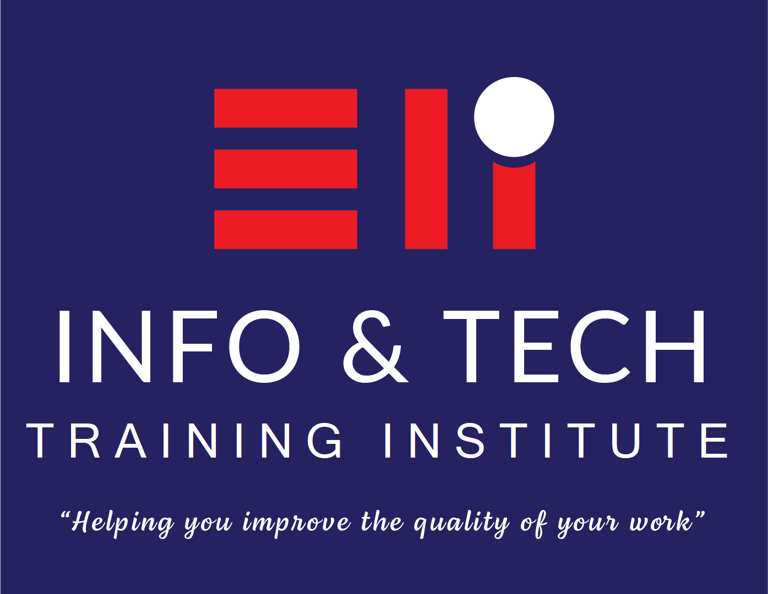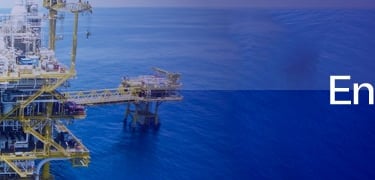Add your promotional text...


A Brief Overview
What will be covered in this module?
The Project Management for Donor Funded Projects module is designed to equip participants with the essential skills and knowledge required to effectively manage projects funded by external donors. Key topics likely to be covered include:
Understanding donor funding: This section will explore different types of donors, their funding criteria, and the reporting requirements associated with donor-funded projects.
Project cycle management: Participants will learn about the various stages of the project cycle, including project identification, formulation, appraisal, implementation, monitoring, and evaluation.
Logical framework approach (LFA): This widely used framework will be discussed in detail, including its components and how it can be applied to project planning and management.
Financial management: The module will cover topics such as budgeting, financial reporting, and compliance with donor regulations.
Risk management: Participants will learn how to identify, assess, and mitigate risks associated with donor-funded projects.
Monitoring and evaluation: Effective monitoring and evaluation systems will be discussed, along with techniques for collecting and analyzing data to assess project progress and impact.
Stakeholder management: The importance of engaging with stakeholders, including donors, beneficiaries, and implementing partners, will be emphasized.
Relevant course material:
The specific course materials may vary depending on the provider, but here are some common resources that might be used:
Textbooks: There are several textbooks available that cover project management, particularly in the context of development projects. Examples include "Project Management for Development" by David L. Heenan and Warren J. Primeaux, and "Project Management for Development: A Practical Guide" by Michael P. Sullivan.
Case studies: Real-world case studies can provide valuable insights into the challenges and successes of donor-funded projects.
Templates and tools: Participants may be provided with templates for project plans, budgets, and monitoring and evaluation tools.
Online resources: There are numerous online resources, including articles, webinars, and online courses, that can supplement the classroom learning experience.
By the end of this module, participants should have a solid understanding of the principles and practices of project management for donor-funded projects, enabling them to effectively manage and deliver successful projects that meet the needs of both donors and beneficiaries.
Petroleum Data Management

A Brief Overview
Course Summary
The Managing Petroleum Projects course is designed to equip professionals in the oil and gas industry with the essential skills and knowledge to effectively plan, execute, and control projects. This comprehensive program delves into the unique challenges and complexities of the petroleum sector, providing participants with practical tools and strategies for successful project management.
Course Content
The course covers a wide range of topics, including:
Project Initiation and Planning:
Defining project scope, objectives, and deliverables
Creating work breakdown structures and project schedules
Developing resource allocation plans
Risk Management:
Identifying, assessing, and mitigating risks specific to petroleum projects
Implementing risk management strategies and contingency planning
Cost Control and Budgeting:
Developing and managing project budgets
Tracking costs and identifying cost variances
Change Management:
Managing changes to project scope, schedule, and budget
Implementing effective change control processes
Communication and Stakeholder Management:
Building effective communication channels
Engaging stakeholders and managing expectations
Quality Assurance and Control:
Implementing quality assurance and control measures
Ensuring compliance with industry standards and regulations
Project Closing and Lessons Learned:
Completing project deliverables and closing out contracts
Conducting post-project evaluations and capturing lessons learned
Course Duration
The duration of the Managing Petroleum Projects course is flexible and can be tailored to meet the specific needs and learning pace of the participants. The program can be completed in a few days or over several weeks, depending on the depth of coverage desired.
Benefits of Participation
By completing this course, participants will gain the following benefits:
Enhanced project management skills tailored to the petroleum industry
Improved ability to manage complex projects effectively
Increased confidence in decision-making and problem-solving
Better understanding of industry regulations and standards
Enhanced career prospects and opportunities for advancement
Note: The specific content and duration of the course may vary depending on the provider and the needs of the participants. It's recommended to inquire with the course provider for detailed information.
Managing Petroleum Projects

A Brief Overview
What will be covered in this module?
Program Summary
The Energy Management and Sustainable Development program is designed to equip professionals with the knowledge and skills needed to address the growing challenges and opportunities in the energy sector. This program focuses on developing sustainable energy solutions that balance economic growth, environmental protection, and social equity.
Key Topics Covered
The program typically covers the following topics:
Energy Fundamentals:
Types of energy (renewable and non-renewable)
Energy conversion and efficiency
Energy demand and supply
Sustainable Energy Technologies:
Solar energy (photovoltaic and thermal)
Wind energy
Hydropower
Bioenergy
Geothermal energy
Fuel cells
Energy Policy and Regulation:
Energy policy frameworks and governance
Energy markets and pricing
Environmental regulations and standards
Energy Efficiency and Conservation:
Energy audits and assessments
Energy-efficient technologies and practices
Behavioral change for energy conservation
Renewable Energy Project Development:
Feasibility studies and project planning
Financing and investment analysis
Grid integration and interconnection
Climate Change and Energy:
The impacts of climate change on energy systems
Mitigation strategies and adaptation measures
Sustainable Energy Management:
Energy management systems and tools
Corporate social responsibility and sustainability reporting
Program Timeframe
The duration of the Energy Management and Sustainable Development program can vary depending on the institution and the specific curriculum. It typically ranges from one to two years, with options for full-time or part-time study. Some programs may offer specialized tracks or concentrations within the field, such as renewable energy engineering or energy policy analysis.
Benefits of the Program
By completing this program, individuals can gain the following benefits:
A deep understanding of energy systems and sustainable development principles
Practical skills in energy management, project development, and policy analysis
The ability to contribute to a more sustainable and resilient energy future
Career opportunities in the renewable energy sector, energy consulting, government agencies, and non-profit organizations
Note: The specific topics and program structure may vary depending on the institution offering the program. It's recommended to research different programs and their curricula to find the best fit for your career goals.
Energy Management and Sustainable Development

A Brief Overview
What will be covered in this module?
Program Summary
The Petroleum Industry Analysis program is designed to provide professionals with a comprehensive understanding of the complex dynamics and trends shaping the global petroleum industry. This program covers a wide range of topics, from the geological exploration and production of crude oil and natural gas to the refining, marketing, and trading of petroleum products.
Key Topics Covered
The program typically includes the following areas of study:
Petroleum Geology and Exploration:
Formation and properties of petroleum
Exploration techniques (seismic surveys, drilling)
Reservoir engineering and production methods
Petroleum Economics:
Supply and demand analysis
Pricing and market dynamics
Investment analysis and risk management
Petroleum Refining and Processing:
Refinery processes and technologies
Product specifications and quality control
Refinery economics and optimization
Petroleum Transportation and Logistics:
Pipelines, tankers, and other transportation modes
Logistics and supply chain management
Trade regulations and tariffs
Petroleum Marketing and Trading:
Retail and wholesale marketing strategies
Global petroleum markets and trading centers
Contract negotiation and risk management
Petroleum Industry Policy and Regulation:
Government policies and regulations
Environmental regulations and sustainability
Industry organizations and associations
Petroleum Industry Trends and Outlook:
Emerging technologies and innovations
Global energy transition and the future of petroleum
Geopolitical factors and their impact on the industry
Program Benefits
By completing this program, individuals can gain the following benefits:
A deep understanding of the petroleum industry's value chain
Practical knowledge of exploration, production, refining, and marketing
The ability to analyze industry trends and make informed decisions
Enhanced career prospects in the petroleum industry
A strong foundation for further specialized studies or certifications
Note: The specific topics and program structure may vary depending on the institution offering the program. It's recommended to research different programs and their curricula to find the best fit for your career goals.
Petroleum Industry Analysis
Eli Info Tech Training Institute
Office No.C6 Print Pak Building, Mbabane Industrial site, Eswatini
admin@elinfor.co.sz/ elisha@elinfor.co.sz
Copyrights©2024 Eli Info & Tech Training Institute




